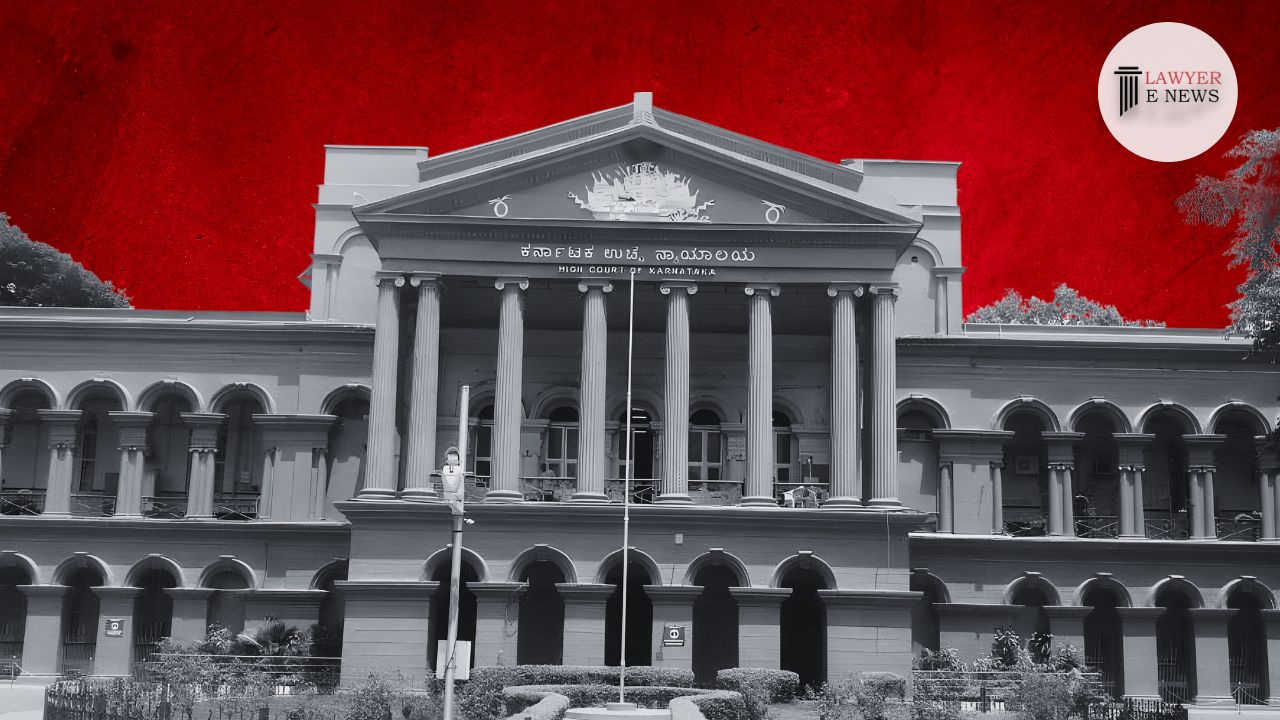-
by Admin
15 February 2026 5:35 AM



In a significant decision, the Hon'ble Mr. Justice Krishna S Dixit of the Karnataka High Court delivered a ruling today, upholding the right to information and quashing the denial of an RTI application. The case involved A. S. Mallikarjunaswamy, a Physics lecturer, seeking access to service particulars of certain individuals for the purpose of addressing service-related grievances.
The petitioner had challenged the order dated April 1, 2022, issued by the Karnataka Information Commission, which negated the RTI application based on the provisions of Sec.8(1)(j) of the Right to Information Act, 2005. Petitioner A. S. Mallikarjunaswamy, who represented himself, argued that the denial was based on a wrongful interpretation of the aforementioned section and that the requested information was crucial for resolving his service-related claims, including issues of confirmation, seniority, and promotion.
The court, while observing the petitioner's non-stranger status to the institution and his legitimate need for the requested information, held that the earlier denial was in error. The court further emphasized that the precedent cited, the Girish Ramchandra Deshpande case, was not applicable in the current context due to differing facts.
Justice Dixit's ruling highlighted the principle that judicial decisions serve as authorities for the specific facts of a case, not universally logical propositions. Quoting Lord Halsbury, the court pointed out that "a case is only an authority for what it actually decides."
"The petitioner's quest for service particulars is warranted for addressing his service-related grievances and benefiting from the government order," Justice Dixit noted. Consequently, the impugned order was quashed, and the respondent was directed to provide the requested information within three weeks. The court also prescribed penalties for delays in furnishing the information, underscoring the importance of upholding citizens' right to information.
This ruling signifies the courts' commitment to ensuring the accessibility of information, especially in matters affecting individuals' livelihoods. The judgement echoes the principles of fairness and transparency enshrined in the Right to Information Act.
"The decision cited in Girish Ramchandra Deshpande had a different fact matrix and therefore the Apex Court held that personal information cannot be furnished," the court noted, emphasizing the unique nature of each legal precedent. This ruling sets a precedent in recognizing the nuanced applicability of judicial decisions to distinct circumstances.
As the court paves the way for greater accountability and access to information, it reaffirms the significance of upholding individual rights while acknowledging the complexity of legal interpretations. The judgement serves as a milestone in the ongoing efforts to strike a balance between the right to privacy and the public's right to know.
Date of Decision: 22nd August, 2023
A S MALLIKARJUNASWAMY vs STATE INFORMATION COMMISSIONER
